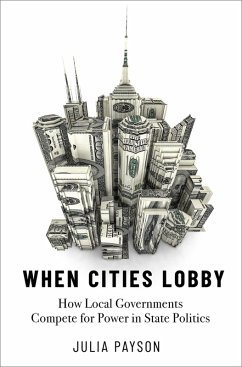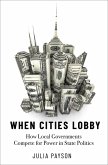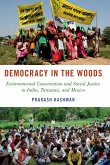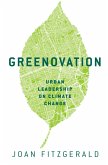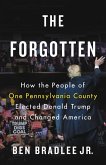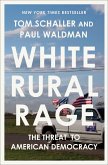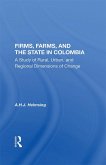In a political environment characterized by intense urban-rural polarization and growing hostility between cities and state legislatures,
When Cities Lobby explores how local officials use lobbyists to compete for power in state politics.
When Cities Lobby tells the story of what happens when city officials rely on professional lobbyists to represent their interests in state government. In a political environment characterized by intense urban-rural polarization and growing hostility between cities and state legislatures, the ability to lobby offers a powerful tool for city leaders seeking to amplify their voices in state politics. The cities that lobby at the highest rates include large urban centers that have historically faced obstacles to effective representation in our federal system, and, increasingly, blue-leaning cities engaged in preemption battles against Republican-led legislatures. But high-income places have also figured out how to strategically use lobbyists, and these communities have become particularly adept at lobbying to secure additional grant money and shift state funding in a direction that favors them. How did we end up with a system where political officials in different levels of government often choose to pay lobbyists to facilitate communication between them, and are the potential benefits worth the costs? Author Julia Payson demonstrates that the answer is deeply rooted in both the nature of the federal system and the evolution of the professional lobbying industry. While some states have recently debated measures to restrict lobbying by local governments, these efforts will likely do more harm than good in the absence of structural reforms to the lobbying industry more broadly.
Dieser Download kann aus rechtlichen Gründen nur mit Rechnungsadresse in A, B, BG, CY, CZ, D, DK, EW, E, FIN, F, GR, HR, H, IRL, I, LT, L, LR, M, NL, PL, P, R, S, SLO, SK ausgeliefert werden.

